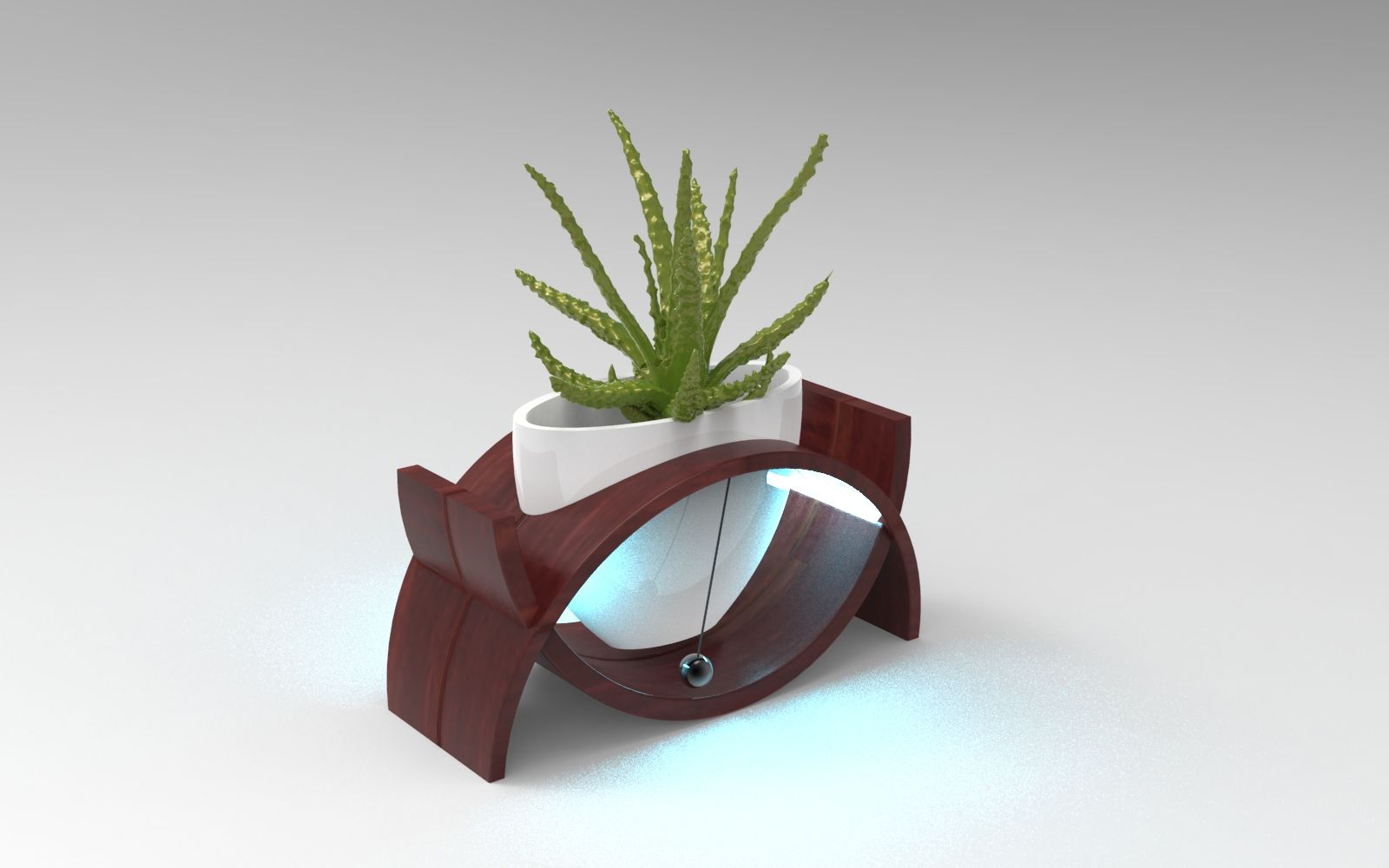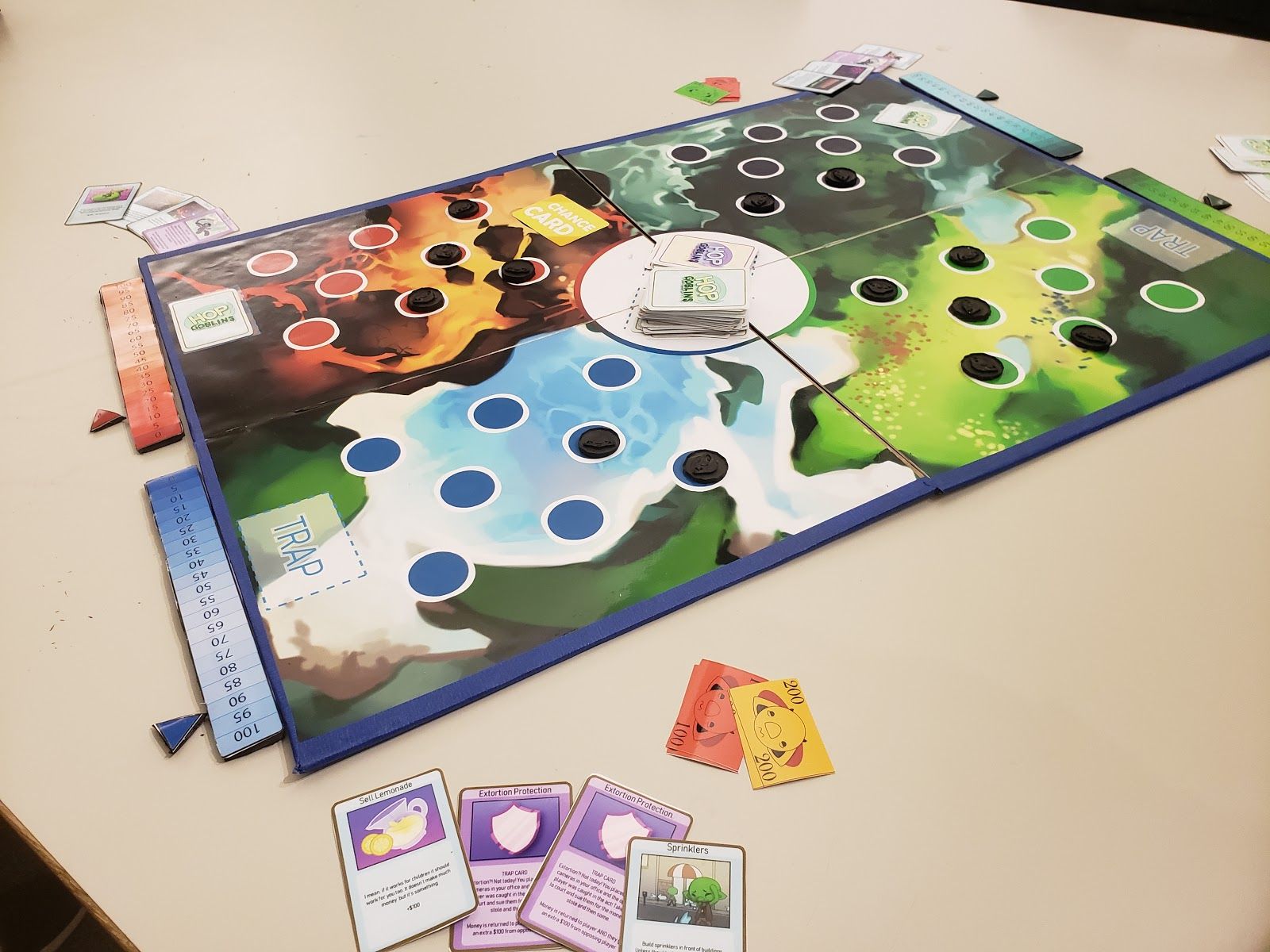TEACHING
Interpretive Methods
Description: This class will introduce STS graduate students to textual, interpretive, and situational analysis methods developed and used by scholars in the Humanities. While many of these approaches were developed as tools for hermeneutic, poetic, or literary criticism, interpretive approaches have been deeply synthesized with the analysis of policy documentation, technologies, social phenomena, and cultural and reflexive research, with considerable use in feminist, queer, and decolonial scholarship (among others). Though this class will often use the word “text” to describe an object of analysis, we will also read and understand the boundaries of a text in broad and multiple ways (including technology as text, scientific practice as text, policy as text, among others).
Semesters Offered: Fall 2022
Critical Game Design: History/Theory/Futures
Description: “Critical Game Design: History/Theory/Futures” is a seminar course that focuses on the history and theory of design for interactive media. Students will read and discuss design history, art history, conceptual artistic practice, and new and emerging theories about digital, critical, and speculative design and the digital humanities. The course is designed to advance students’ understanding of bodies of academic literature and theory that explore the hybridization of hermeneutic analysis and design and making practice. . .
Semesters Offered: Fall
Advanced Social Theory
Description: Advanced Social Theory is an interdisciplinary graduate course that covers broad and major strands of social, cultural, and literary theory (and their significant overlaps), always with an eye toward how those theories have evolved and how they are multiply in use today. Readings are sourced from many of the disciplines that contribute to the shaping of social and cultural theory, including sociology, anthropology, philosophy, literary studies, art/design history, and geography. .
Semesters Offered: Fall
Digital Studies
Description: Digital Studies is a graduate course that focuses on “the digital” as a mangle of technologies, materials, histories, practices, ideologies, narratives, rhetorics, and aesthetics. The digital can multiply mean electronic media, ways of counting and accounting for, binary data structures, networked aesthetic imagery, the underpinnings of biological and cybernetic systems, futures and pasts, and political/ideological ways of knowing. One “applies” the digital as a set of tools, ways of mapping, neoliberal logistics, and ways of seeing.
Semesters Offered: Fall
Design & Innovation Studio II
Description: Studio II is the second course in the DIS Studio sequence, and introduces students to general principles of user-experience design and industrial design as a set of approaches for attending broadly to matters of aesthetics and form, usability, and meaning-making. It considers industrial designers as a community of practice. Assignments require students to synthesize social, technical, and formal concerns in the design of innovative objects.
Semesters Offered: Spring
Intro to Game Design
Description: Games are user experiences, and game designers are those who craft, develop, and (de)construct those experiences. This course will help refine your game design ability by broadening the range of activities you consider to be “game design;” providing you with analytic lenses to deconstruct and understand the affordances, constraints, successes, failures, and social dimensions of existing games; incorporating themes, mechanics, and abstractions from “non-game” media and texts into game design; training you in effective reading, writing, and communication skills in order to better collaborate with interdisciplinary teams; learning to work with players, and pitch game ideas; and teaching you how to listen to--and not just hear--your players, users, teammates, clients, and self.
Semesters Offered: Fall
Critical CS1
Description: This experimental section of CS1 teaches computer science as a situated and political practice. Through readings and alternative homework assignments, the class examines the intersections of race, gender, politics, and culture with code, as well as the complicated macroethical and structural choices programmers make. Students also learn the fundamentals of coding, algorithm writing, and Python, and will be equally as prepared to enter Data Structures and other higher-level CS courses as students in the standard CS1 section.
Semesters Offered: Fall & Spring
Open Source Art, Music, & Culture
Description: The concept of “Open Source,” once exclusively linked to a certain kind of politically and economically engaged set of software production, has experienced a period of growth and transformation in the 21st Century. “Open Source” projects can now be found in disciplines and activities ranging as wide as computer science, hardware development, artistic practice, design, bio hacking, and social justice work, as well as in artistic and technological experimentations in LGBTQ and racially intersectional communities. Though “Open Source” practices across all these domains vary wildly, a common thread that runs through all these groups is the commitment to collaboration and to distributed “making” tools. Through a hybrid of readings, discussions, and collaborative papers and art projects, this class will explore the dynamics and politics of Open Source knowledge, collaboration, and distributed technical and artistic production.
Semesters Offered: Fall
Design & Innovation Studio VI
Description: This course, the sixth in the PDI studio sequence, introduces students to organizational and semiotic dimensions of new concept design, development, and dissemination. Students will use their previous STS and design experience in to analyze systems of power created by and embedded within objects, structures, systems, and organizations, and to think through and prototype ways of creating alternatives and resistance to those power structures.
Semesters Offered: Spring
Design & Innovation Senior Project
Description: DIS Senior Project employs "Critical Design" to design systems and artifacts that attempt to address power relationships embedded in artifacts, systems, and society. Using a combination of design research methods, product and industrial design methods, STS and social science/humanities research, user testing, and guidance from other students in class, individual students will identify a social issue that they would like their project to address, use preliminary design research methods to identify specific interventions that a single project, to be completed in the course of a semester, can address, and develop a literature review that supports the project.
Semesters Offered: Fall & Spring
IT & Society
Description: Through this course, students will engage with ideas from social scientists, artists, and philosophers of information and technology through lectures, readings, and in-class open-discussions. In addition, students form teams to complete an end-of-semester project where insights gained in the class are applied to the design of a data collection system, and critical analysis of a data corpus.
Semesters Offered: Spring
History & Culture of Games
Description: History & Culture of Games is designed to give students a critical understanding of the medium of games through a combination of historical research and reflective lenses on contemporary games. As such, the course is divided into two major components: a lecture that covers the history of human games and play dating back to Sumer, and readings and discussion sessions that analyze the impacts that games and play have upon human life. At the core of both of these components is an exploration of the emotional, political, gendered, racial, economic, and spiritual currents that games arise out of and contribute to.
Semesters Offered: Spring











